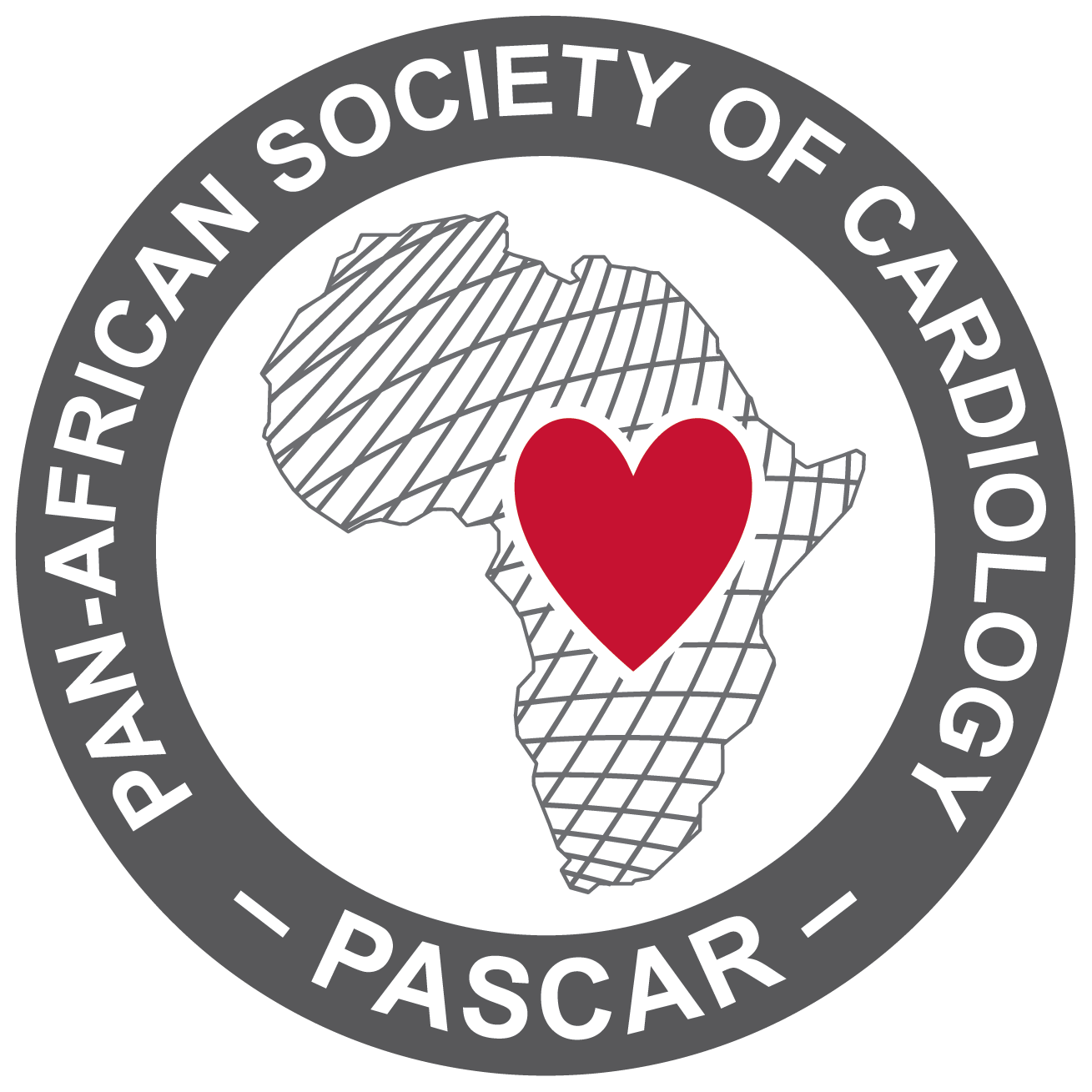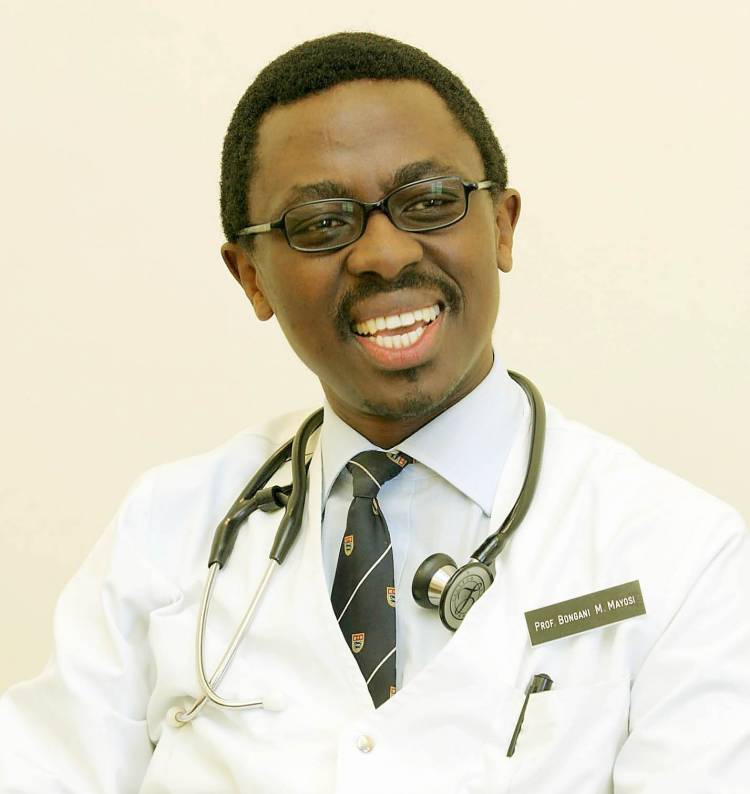African cardiologists first conceived of the idea of PASCAR in the 1970s, as the focus of the World Congress of Cardiology was on Europe and North America.
In 1979, the president of the Nigerian Cardiac Society, Professor Ayodele Falase, created the Pan-African Congress of Cardiology, which would become PASCAR. The first PASCAR conference was held in Badagry, Nigeria, in 1981.
Over 120 delegates from 15 different countries participated in the conference. International collaboration on this scale meant that doctors and scientists could exchange ideas, and discuss their successes, challenges and discoveries.
At the end of this conference PASCAR was officially inaugurated, and its four primary goals were set:
- To prevent and treat cardiovascular disease in Africa
- To educate and train African healthcare professionals about cardiovascular disease
- To educate lay persons about heart disease
- To invest in cardiovascular research
Conferences held over the following decade took place in several different African countries and were concerned with: analyzing the cardiovascular problems common in the tropics; considering new technology and cardiac problems affecting younger people; and fostering collaboration between American and African cardiology professionals.
During the 1989 PASCAR conference a governing structure was created, as were the five regional bodies. It was during this meeting that hypertension was first declared a leading cause of morbidity and mortality among Africans.
Unfortunately, the 1991 conference had to be cancelled due to civil unrest in Ethiopia, but the following conference, held in 1993 in Yaoundé, Cameroon, (the focus of which was “preventative cardiology in Africa”) attracted a grant from the Rockefeller Foundation (USA) and several pharmaceutical companies.
The conference was attended by over 500 delegates, including representatives of the American Heart Association, World Health Organisation and the International Society and Federation of Cardiology (later renamed the World Heart Federation). The 1993 conference was the largest one to date.
During the mid-nineties, in part due to political changes, PASCAR went through a period of partial stagnation, although regional meetings and advocacy efforts continued.
PASCAR members also ensured that the burden of chronic heart disease on the continent was recognised when they attended the Organisation of African Unity conference of African ministers of health in 1995.
PASCAR also held a workshop on hypertension in 1997, which was attended by distinguished American cardiologists, including Dr Richard Cooper, Dr Julian Haywood and Dr George Mensah.
Between 1998-2003, PASCAR suffered a worse period of stagnation. No meetings were held, but members of PASCAR did become involved in international meetings, including the American College of Cardiology, European Society of Cardiology, and the Asian Pacific Society of Cardiology.
PASCAR was rejuvenated in 2004 and a successful conference was held in Accra, Ghana, where a new executive committee and constitutional reforms were discussed, and the first talks on the creation of the Cardiovascular Journal of Africa were held.
The scientific goals of PASCAR were re-evaluated and US cardiologist Dr Richard Cooper presented a lecture on the cost-effectiveness of research, with particular attention being paid to genetic research.
The following year marked the first all-Africa workshop on rheumatic fever and rheumatic heart disease. This was held in the Drakensberg, and a set of Africa-specific policies for prevention and control of this disease were laid out in the “Drakensburg Declaration”.
At the Drakensberg conference Professor Andries Brink began the effort to form the Cardiovascular Journal of Africa as a journal for PASCAR, which has since become the definitive academic cardiology journal on the continent.
Since this time, PASCAR’s influence on the continent has continued to grow, and PASCAR is now Africa’s foremost umbrella organisation for national professional societies in cardiovascular medicine and surgery.
Bongani Mayosi, Ex Officio (In Memoria)
Prof Bongani Mayosi passed away on 27 July 2018, he was a South African cardiology professor who was awarded his county's highest honour, the Order of Mapungubwe in 2009. He was the Dean of the Faculty of Health Sciences at the University of Cape Town South Africa.
He qualified in medicine from the University of KwaZulu-Natal in Durban, and trained in internal medicine and cardiology in Cape Town. He was the Nuffield Oxford Medical Fellow in cardiovascular medicine at the University of Oxford from 1998 to 2001. His research interests included genetics of cardiovascular traits, treatment of tuberculous pericarditis, prevention of rheumatic fever, and epidemiology of heart failure in Africa. He was the Chairman of the South African National Health Research Committee, Immediate Past President of the Pan-African Society of Cardiology (PASCAR), and Associate Editor for Circulation.


